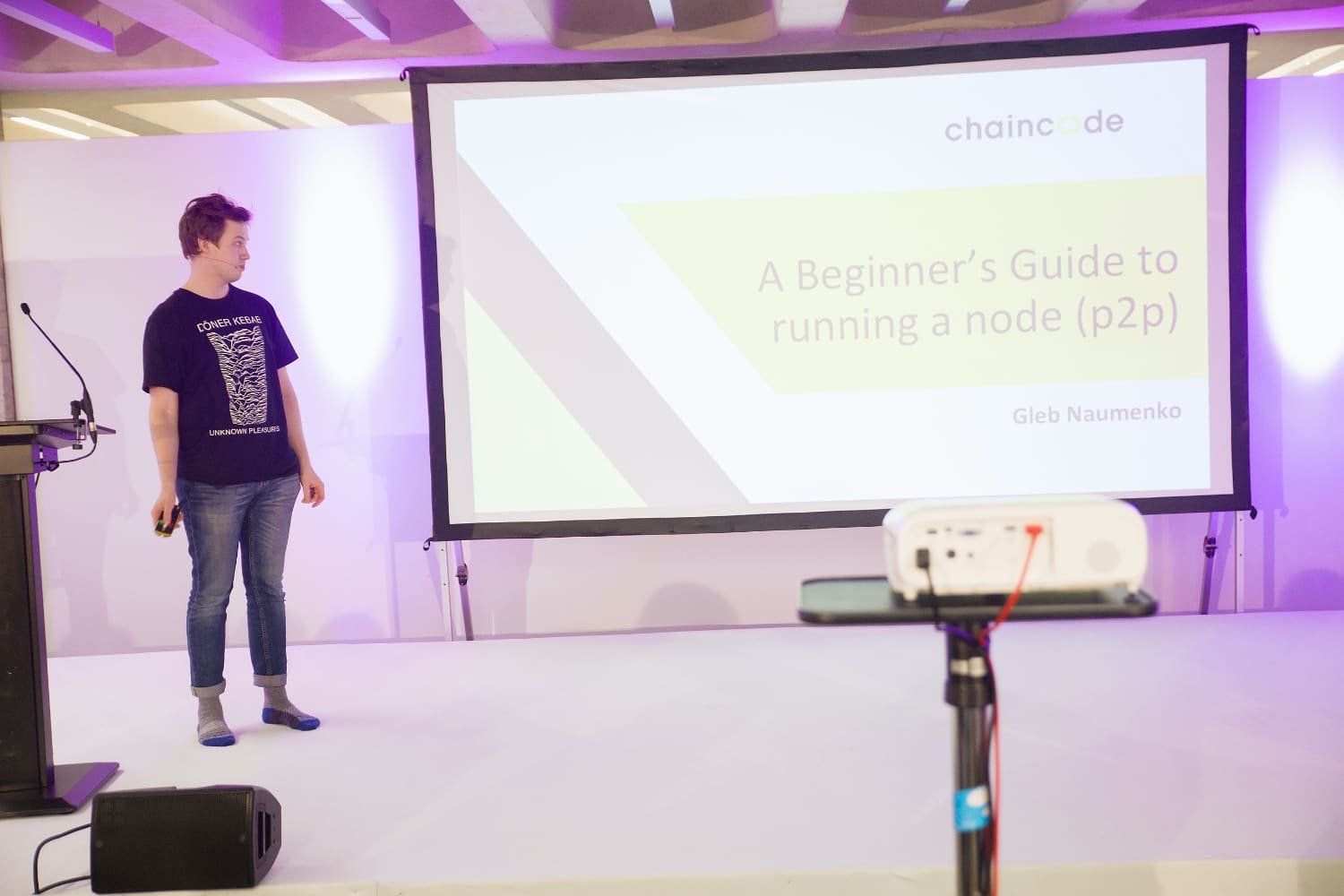What is a full node?
A full node is software that downloads a copy of the blockchain and fully validates these transactions and blocks without referring to any other source. Full nodes currently require a copy of the blockchain which is approaching 300GB at the time of writing. Most mobile wallets are lightweight nodes (SPV) which means your transactions are being sent to a third party’s node for them to process, and possibly monitor.
Why is this important?
As the question of being able or not to audit a currency's supply rages online, it is good to remember that one of the main aspects of Bitcoin's value proposition is the ability for everyone running a node to validate transactions and check the supply for himself.
This is why the motto of a number of bitcoiners is "don't trust, verify": in theory, bitcoiners don't have to trust a third party to know if a transaction is genuine or if the supply has been modified.
In fact, the ability of regular bitcoiners to run a full-node matters so much that it was at the heart of the 'big block wars': if the blocks got bigger, many argued, the blockchain would get considerably harder to synchronise and thus to verify on a personal computer. So running a full-node is at the core of the value proposition of Bitcoin.
However, as a matter of fact, even among motivated bitcoiners, increasingly fewer people run a node. Luke Dash Jr thus evaluates that there were around 100 000 nodes in 2019, a number down to 50 000 in 2020. Considering what was just said about the importance of running a node, this is a worrying trend. There are different explanations for it but one of them is that not everyone knows how or why they need to run one.
Reasons for and against running a full node
At the last Advancing Bitcoin conference, we were happy to host Bitcoin Core developer Gleb Naumenko to explain, in a beginner-friendly manner, how and why one can run a Bitcoin node. Gleb explains some of the reasons for and against running a full node:
For
- It allows more personal security when using bitcoin
- Improves the security of the whole network
- You can contribute resources to the network to make it stringer
Against
- Hardware and resources are required which may be costly or hard to comeby in some places
- It may be illegal in your territory
- You may doxx yourself if you don't hide your traffic via VPN or Tor
Video
Here is Gleb's talk on running a full node, along with his presentation slides.
And remember that since the end of July, all the 30 talks given at Advancing Bitcoin in the last two years are online, for free!

